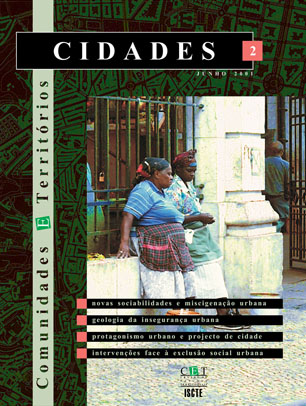Geology of Urban Insecurity: The Social Construction of Fear in Cities
Keywords:
city, safe city, urban safety, urban violence, urban cohabitation, urban project and urban qualityAbstract
The issue of urban security can be seen as a persistent and recurring subject in the political and cultural debate about cities: subjective perception increases and, in turn, the demand for security policies rises. This article argues that the lack of urban security is not a given objective, but rather the result of a social construction. In fact, the perception of being less secure does not stem from the increase in the number of acts that threaten the lives and property of individuals, which in fact did not happen. On the contrary, it reflects the situation of social discomfort that affects an increasing part of the population due to liberal economic policies. This feeling of discomfort, in turn, increases acts of intolerance to "drop outs", seen as potentially dangerous (immigrants, poor and excluded) and behaviours that, although not violent, appear to be "deviant" ". In this way, coexistence becomes increasingly difficult and incompatibilities grow wildly. "Safe city", in this context, does not mean the militarized city, on the contrary, the safe city must be understood as the city where "civil control" is exercised (a decentralized form of control and mutual balance that guarantees the best freedom of all) and where tolerance prevails.
Downloads
Issue
Section
License
CIDADES, Comunidades e Territórios by DINÂMIA'CET-Iscte is licensed under a CC-BY licence.






